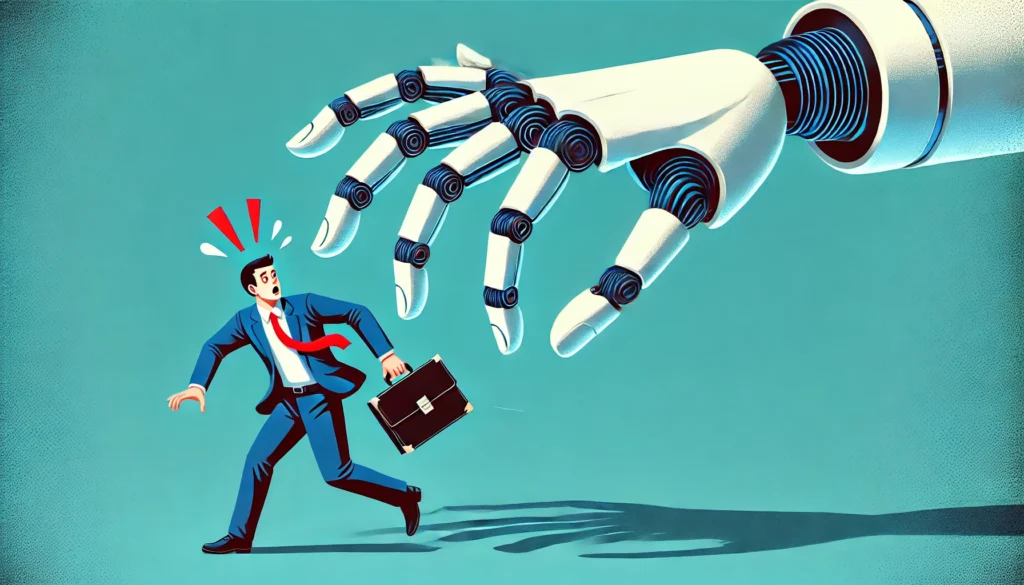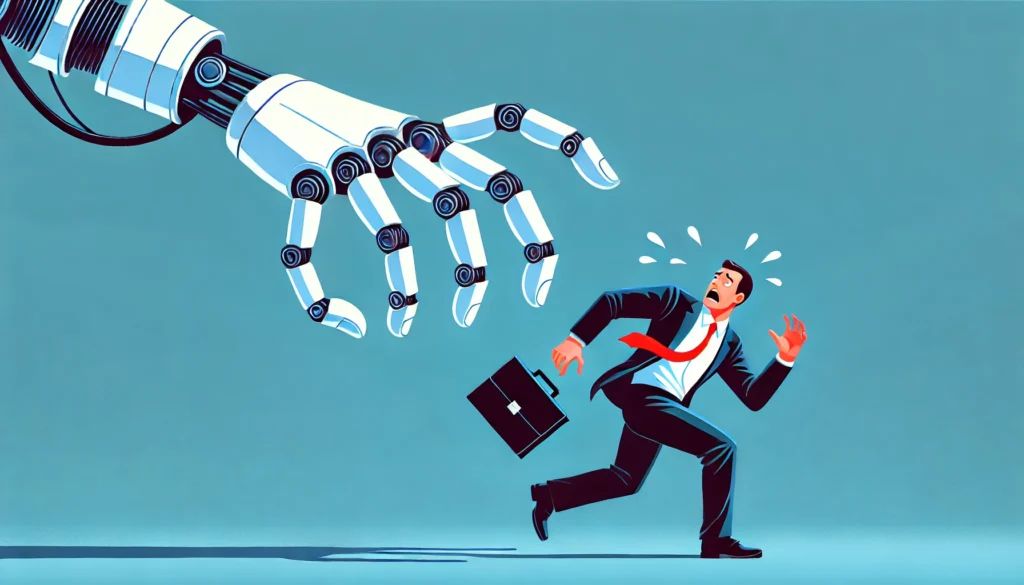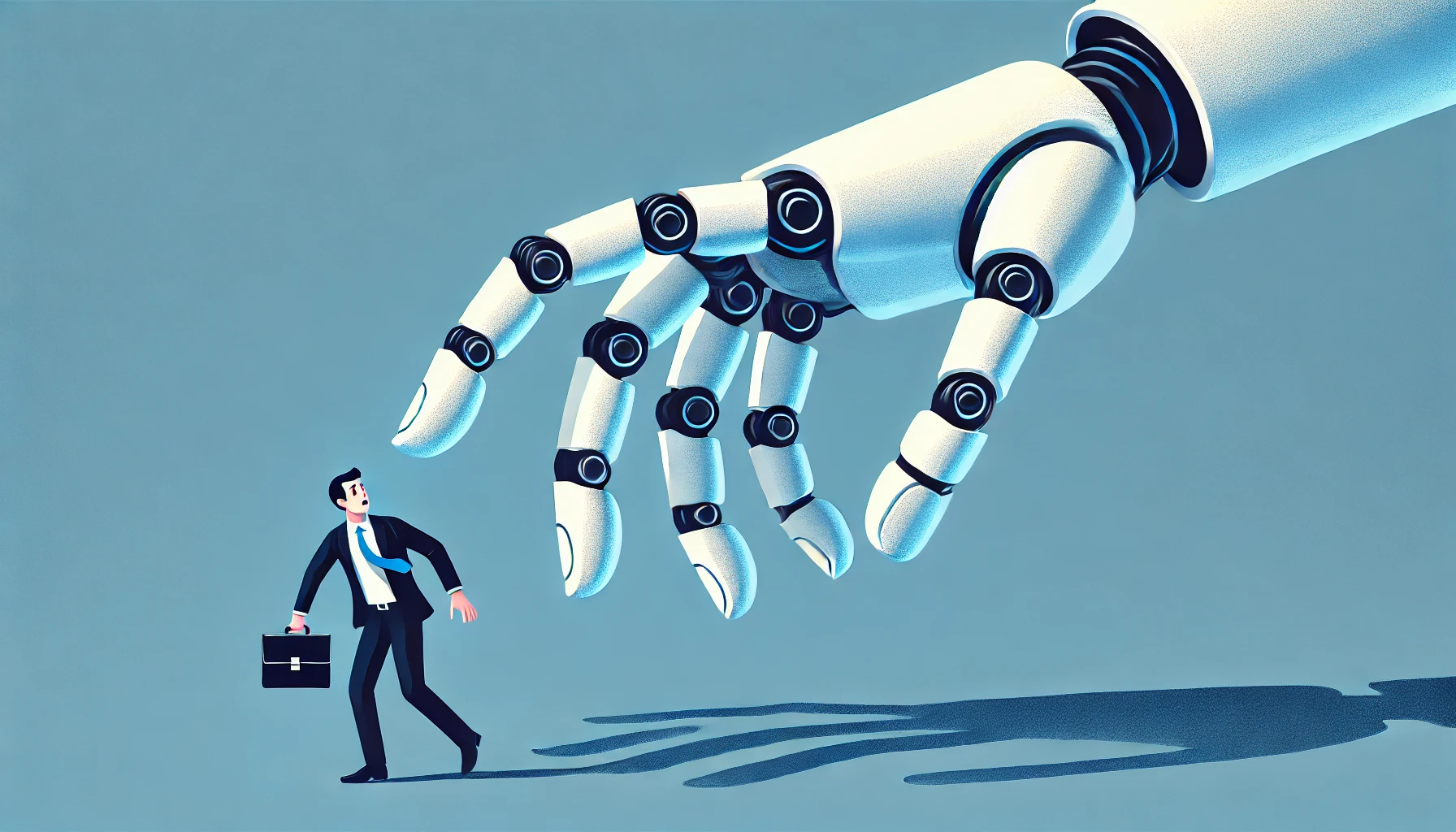Will AI Take Your Job?: Not If You Learn These 3 Crucial Skills
In an era increasingly shaped by artificial intelligence (AI), many worry about job displacement. However, the reality is that AI won’t take your job; a person skilled in AI will. The landscape of work is undergoing a fundamental shift, akin to the advent of electricity, impacting every profession and age group. Understanding AI is not just an advantage; it’s rapidly becoming a necessity.
The Three Pillars of AI Competency
To thrive in the AI-driven future, one must consider three levels of AI competency:
- AI Literacy: This is the foundational understanding of how AI works and which tools can simplify tasks in your job. It’s about being able to interpret AI outputs and operate AI-powered systems. This basic understanding should ideally be built early, even during school.
- AI Fluency: Moving beyond basic literacy, this involves the ability to effectively integrate AI outputs with human decision-making. It’s about knowing when and how to combine AI’s capabilities with human insight.
- AI Design Capability: This is the advanced skill set required to design and create AI systems for specific use cases. This often involves roles like AI Architects and AI Engineers.
Categorizing Jobs in the Age of AI
Jobs can be broadly categorized based on their level of repetition and the knowledge required, each with different AI integration needs:
- High Repetition, Low Knowledge: Think of tasks in manufacturing where AI robots perform quality checks. For these roles, AI literacy is key to operating systems and understanding their visual outputs.
- High Repetition, Novel Tasks: Roles like customer care service often involve repetitive interactions but require varied responses. AI chatbots handle common queries, but human agents need to understand how the chatbot responded to address complex, unique issues effectively.
- Low Repetition, High Knowledge: This category includes highly skilled professions like doctors and lawyers. AI tools are significantly enhancing efficiency (e.g., drafting contracts in minutes instead of hours, or aiding in early disease diagnosis). These specialized AI tools require AI Engineers and Machine Learning (ML) Engineers to create them.
- Low Repetition, High Knowledge (Creative Fields): Artists, content creators, graphic designers, and architects fall here. As AI increasingly generates art and music, professionals in these fields need to understand AI ethics, ownership, and potential biases in AI-generated content.

Engaging with AI: Practical Steps
The best way to learn AI is by "learning by doing" – actively playing and experimenting with various AI tools.
• Explore Common Chatbots:
- ChatGPT: Highly versatile with extensive data, making it suitable for a wide range of general conversational tasks and content creation. It aims to adhere to ethical boundaries. However, it may sometimes make basic math errors.
- Perplexity: Excellent for ideation and generating new ideas, particularly useful for white-collar professionals due to its focused data training and lower hallucination rate.
- Deepseek: Known for its efficiency and cost-effectiveness, excelling in analytical and STEM-focused questions. A key consideration for users is data privacy, given its origin.
- Grok: Integrated with social media data, making it strong for real-time analysis and understanding current trends. It can mimic personalities effectively if given enough context.
- Gemini (Google): Leverages Google’s vast data for high accuracy and precision, often providing direct, fact-based responses.
- Master Prompt Engineering: This isn’t about traditional engineering but about effective communication skills with AI. Providing detailed context (who you are, your purpose, the specific problem) leads to significantly better and more relevant AI outputs.
- Utilize Specific AI Tools: Beyond general chatbots, there are specialized AI tools optimized for particular tasks:
- NotebookLM (Google): Ideal for processing large amounts of text (documents, articles, books) to simplify content, answer specific questions, or even convert text into a podcast format. It is built on the provided text, reducing hallucinations.
- Gamma.ai: For creating professional presentations quickly, generating both script and visuals from a simple prompt.
- Napkin.ai: Helps structure thoughts and visually organize information into flowcharts, great for ideation and planning.
- Midjourney / DALL-E: Tools for generating visuals from text descriptions, useful for creative professionals and enhancing learning through visual representation.
Career Opportunities in the AI Space
AI is not just displacing jobs; it’s creating millions of new opportunities. The World Economic Forum predicts 97 million new jobs will be created, outweighing the 85 million that may be displaced.
Some of the most lucrative and high-demand careers emerging include:
- AI Engineers
- Machine Learning Engineers
- Data Scientists
- Prompt Engineers
- Fine-tuning Specialists
- AI Ethics Experts
These roles often command high salaries, even for those with limited experience, due to the high demand and low supply of skilled professionals. Governments and organizations globally are investing heavily in AI initiatives, creating a fertile ground for these careers.

The Broader Impact and Ethical Considerations
AI promises to free up human time from repetitive tasks, allowing for more meaningful and creative work. This shift has the potential to lead to a more positive future, often referred to as “Solar Punk”.
However, as AI advances, crucial conversations about AI ethics, liability, and accountability are gaining prominence. Questions arise regarding the ownership of AI-generated content (especially art), consent for data usage, and who is responsible when AI generates incorrect or harmful information. These ethical considerations are vital as AI systems increasingly mimic human capabilities. The concept of Artificial General Intelligence (AGI), where AI could think and feel like humans, is also a rapidly approaching frontier.
In conclusion, Will AI Take Your Job?
the key to navigating the AI revolution lies in proactive learning and adaptation. By embracing AI literacy, experimenting with tools, and considering the new career pathways emerging, you can position yourself for success in this transformative era.


